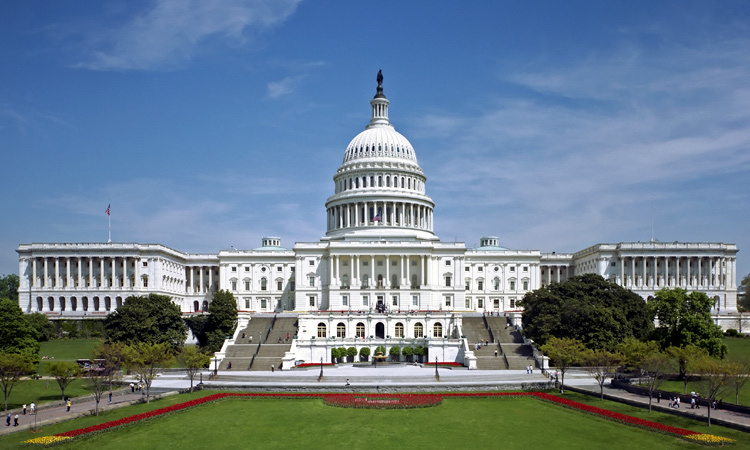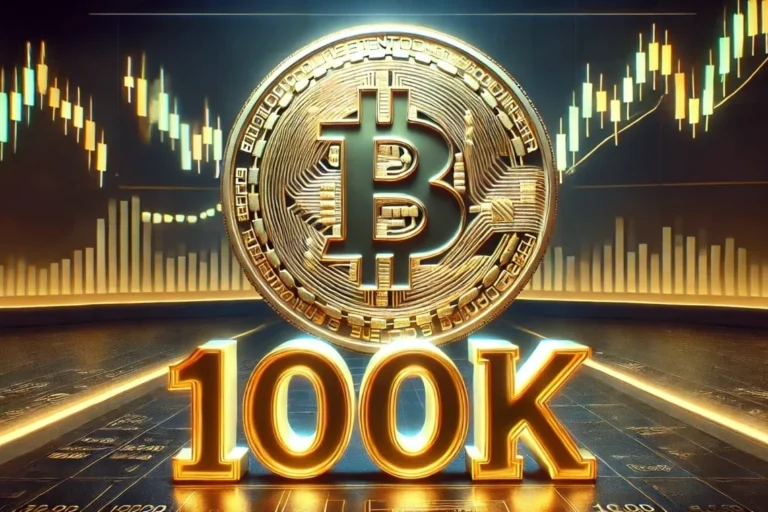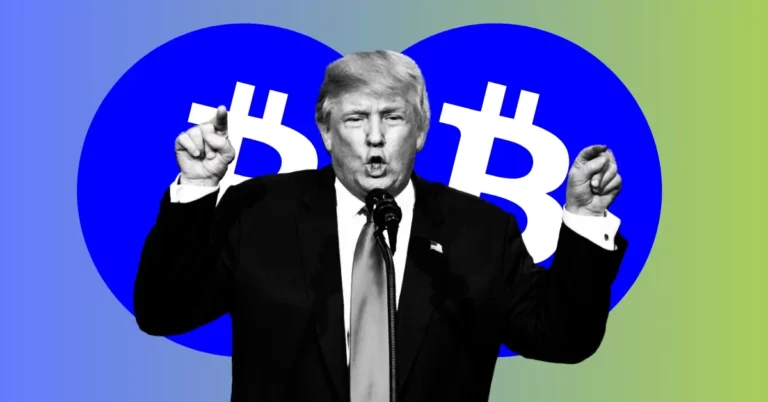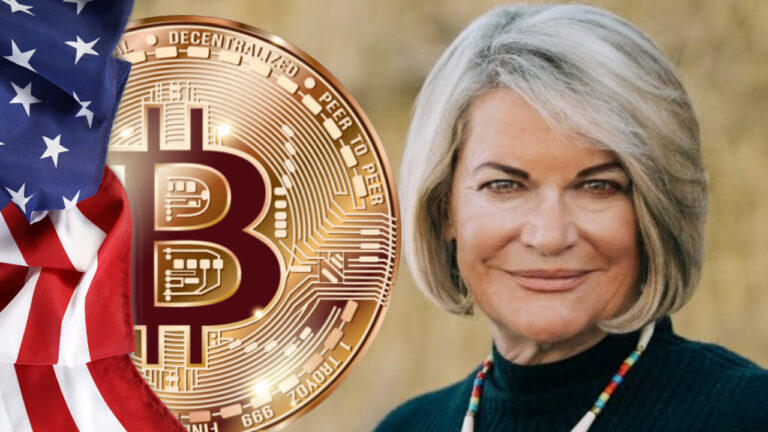Former President Donald Trump made a surprising announcement at the Bitcoin Conference, stating that if he is re-elected, his administration will begin stockpiling Bitcoin. This proposal has ignited a flurry of questions and excitement within the crypto community. The idea, which involves creating a strategic reserve of Bitcoin, has been met with both curiosity and skepticism. But why would the U.S. government need a Bitcoin reserve, and how will this be implemented?
Senator Cynthia Lummis of Wyoming is leading the charge with a bill that aims to transform the U.S. government’s current Bitcoin holdings into a massive strategic reserve. This bill suggests starting with the over 200,000 Bitcoins already seized by law enforcement and expanding the reserve to one million Bitcoins. These Bitcoins, worth billions of dollars, would be held for 20 years and could only be used to pay down the national debt.
Trump’s support for this plan is clear. During his speech, he emphasized that the government should hold onto its Bitcoin and use it as a national asset to benefit all Americans. This marks a significant shift in policy, as Trump has previously been known for his critical stance on cryptocurrencies.
However, the proposal raises several critical questions. First, the legality of the government keeping seized Bitcoin is in question, especially since a significant portion of these assets was stolen from individuals by criminals. The ethics and legalities of turning these seized assets into a national reserve are complex and potentially contentious.
Second, the practicality and implications of the U.S. government going long on Bitcoin are debated. If the bill becomes policy, the government’s Bitcoin holdings could significantly impact the market. The idea of holding Bitcoin for 20 years, except to pay off national debt, could create market volatility if there’s ever a need to liquidate such a massive amount of Bitcoin.
Lastly, the necessity of a Bitcoin reserve is under scrutiny. Comparing this to the Strategic Petroleum Reserve, the question arises: Is Bitcoin as essential as oil? While Bitcoin has gained immense popularity and is often referred to as digital gold, it doesn’t yet have the same critical economic role as traditional commodities.
This proposal has injected a fresh wave of enthusiasm and debate into the crypto world. While there are still many unanswered questions, the idea of the U.S. government holding a strategic Bitcoin reserve is a testament to the growing acceptance and potential of cryptocurrencies. As we wait for more clarity, one thing is certain: the intersection of politics and cryptocurrency is becoming increasingly significant, and the implications for the future are profound.



